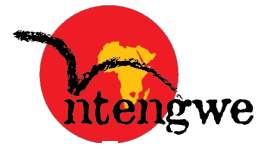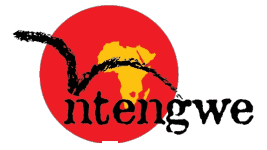The Pathway to Economic Justice on Women’s Land Rights
Women’s Rights to Land and other Resources
Grassroots women in the rural areas often face formal and informal barriers to accessing and owning land and other productive resources. Less than 30% of land rights are registered or recorded in Africa, and women are the least secure in their access to land rights, with major gaps existing between law and practice.
Even where gender equitable laws and policies exist, they may not be fully implemented, which can render them meaningless.
This is why we take action to inform both men and women about women’s land rights.
While we as the lead consortium partner, working with four organizations in Kenya, Nigeria, Uganda and Zimbabwe to support rural women to gain access to land and improve their livelihoods, rural women themselves are also working towards achieving the Sustainable Development Goals. They are calling for greater access and land rights for women – both Goals 1.4.2 for ending poverty and Goal 5a for gender equality, encouraging grassroots women towards improved access and rights over land for women.
With the support from us and the consortium members, rural women are implementing their own programs – built on their own social capital and the desire for a better life for themselves and their families.

In Uganda, for example, our consortium partner, the Uganda Community Based Association for Women and Children Welfare (UCOBAC) engaged grassroots women in 6 weekly radio talk shows, since mass gatherings and community meetings could not be held during the COVID-19 pandemic. The talk shows addressed key issues on gender and human rights, land laws, rights and responsibilities. Between 2-3 million listeners were reached.
In Nigeria, our consortium partner the International Women’s Communication Centre develop a simplified paralegal manual and used it to train community volunteers on land dispute resolutions. As a result, most project beneficiaries now have an appreciation of Land Rights and Acquisition.


In Kenya, our consortium partner, Shibuye Community Health Workers are supporting local women themselves to be informed about land rights. They are bringing together women activists and local officials to understand and respond to the issues around women’s land rights. As a result, women managed to reclaim their property and land.
In Zimbabwe, our consortium partner, Survivors in Action in Zimbabwe (SIAZ) in Chitungwiza and traditional leaders support grassroots women to claim rights to access and control over land and natural resources.
In Zimbabwe, Ntengwe for Community Development in Lupane district engages duty bearers who have the mandate to enforce laws and policies that support women to have access, control and ownership of land and property. Together with our consortium partners, we all work with governments, grassroots networks, grassroots women leaders, traditional leaders, and others to provide more support in the struggle for women’s land rights to close the gap and make land rights for women a reality.


